In the battle of wits that can be the underwriting process I am a huge advocate of meeting with potential borrowers and it is an important part of many of our credit decisions. At Asset Advantage we carry out hundreds of customer visits each year.
In the Art of War Sun Zhu says, ‘He will win who, prepared himself, waits to take the enemy unprepared”. Whilst our customer visits aren’t quite that confrontational, they don’t just ‘happen’. In the art of a credit meeting, preparation is, in my view, critical.
To begin with you need to ensure that the customer is properly aware of the purpose of the meeting. This should help inform them as to who they put up to meet with you. Bearing in mind we are talking about lending money there probably needs to be somebody who is familiar with their accounts. But equally important is that there is somebody present that knows the history of the company and can explain their business model. I’ve met plenty of FDs and Financial Controllers who know the accounts inside out, but know nothing about how a widget is made or who buys them.
Similarly I think it is important to ensure that the customer understands who they are meeting from the lender. At Asset Advantage we send out our Credit Managers, so we like to ensure that customers know that they aren’t meeting just an enthusiastic sales person, but rather a manager who will have real input into the lending decision, if not actually taking the lending decision themselves.
Managing expectations is key. We look to ensure that a broker has closed the customer on rate and we try to give an outline indication as to our expectations regarding security. Of course a great meeting can make us comfortable enough to change our initial view of a proposal, but if, for example we expect to need PGs we like to make sure that the customer is willing to consider providing these before we attend. Meetings are expensive users of time and so if our basic requirements are never going to be accepted by a customer, then we are just being busy fools.
Other things to ask for in advance include requesting a short presentation on the industry sector, especially if it’s one that is new to us. It is also best to get information such as management accounts before the meeting so that you have a chance to review them and prepare some questions. If you don’t do this then you either put yourself under pressure in the meeting to analyse the accounts or have to do it later and thus extend the whole underwriting process.
I am of the view that doing some background research on the company and the sector is ahead of the meeting is invaluable. Not only does this avoid the meeting having to cover the basics, but it will enable you to ask informed and relevant questions. Unsurprisingly customers tend to respond positively and open up to you when you show an interest in their business and this can help the meeting flow.
Meetings can sometimes be a battle of wits and have the potential to be a somewhat stressful; but with a little bit of planning they can become the most enjoyable and rewarding part of the underwriting job. As Sun Zhu probably never said, ‘Make fun, not war’!
Further News & Insights
Asset Advantage Launches New Broker Survey To Explore SME Funding Needs

Asset Advantage Strengthens Broker Proposition With Newly Created Internal Sales Role

Asset Advantage Welcomes Jonty Cooke As Broker Manager To Grow And Strengthen Broker Relationships

Asset Advantage Welcomes Gary Thompson As New Sales Director To Strengthen Broker Relationships And Drive Growth

Asset Advantage Hosting Meet The Funder Day On 5 March
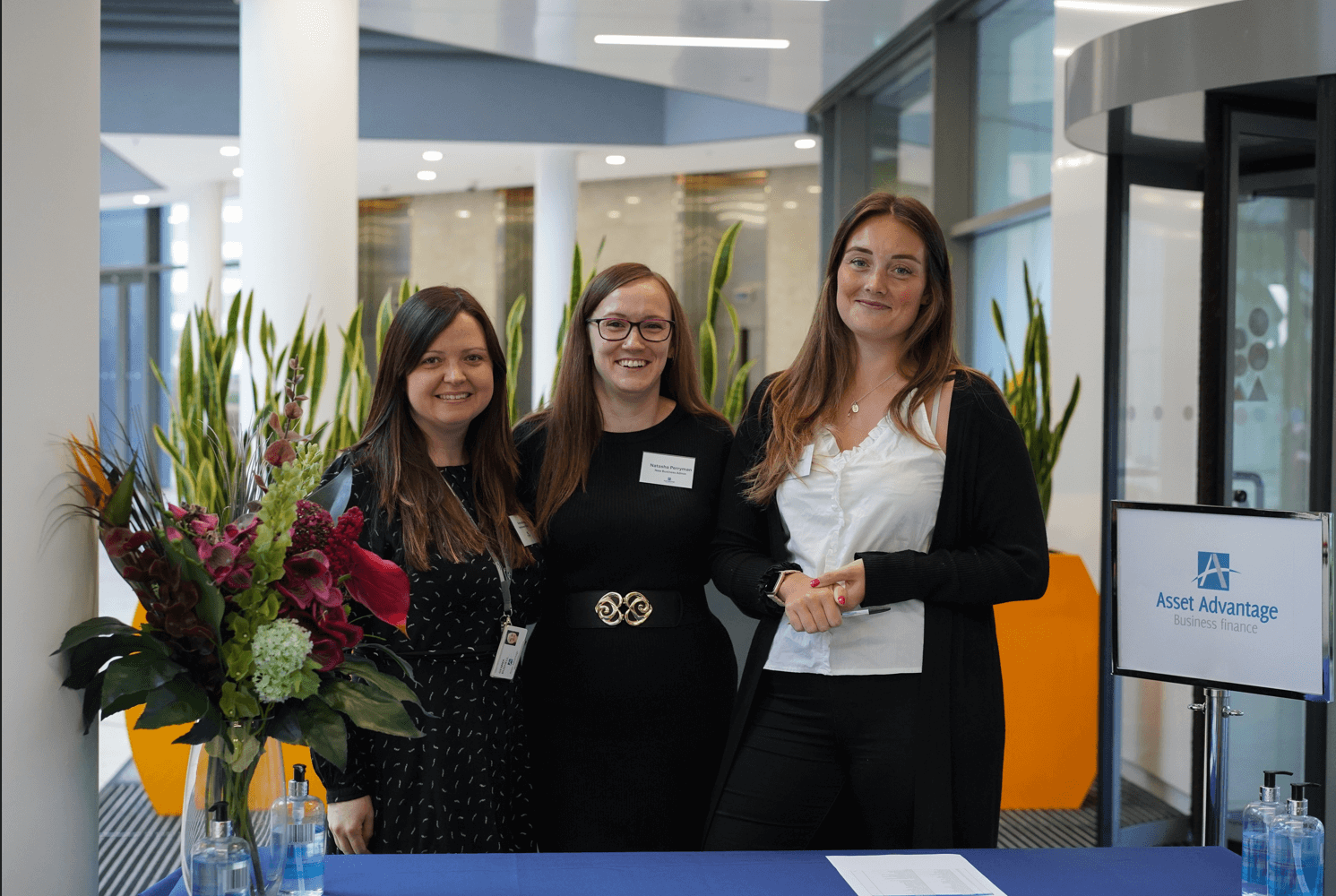
Commercial Brokers Call For ‘Outside The Box’ Approach From Funders, New Survey Reveals

Challenges Funding Business Acquisition Holding Back Commercial Brokers, New Survey Reveals

Consistent Credit Policy

Most Commercial Brokers See Little To No Change In Willingness Of Lenders To Fund Soft Assets
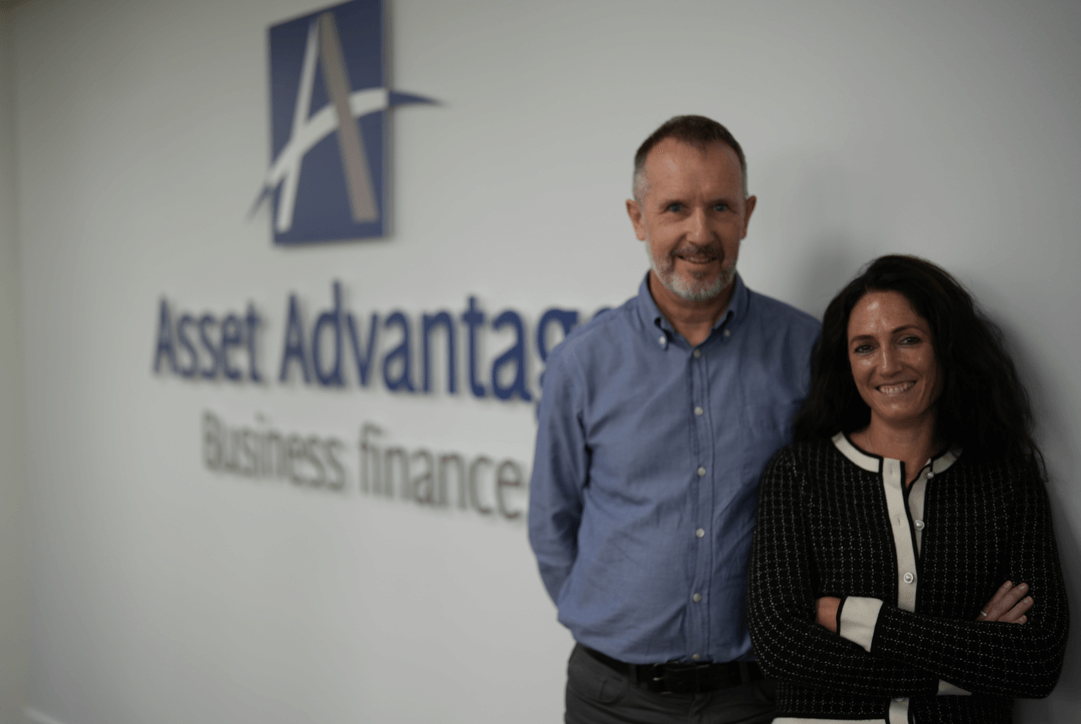
Commercial Finance Brokers Seeing Increasing Demand For Complex Loan Solutions

Brokers Report Growing Shift Towards Business Loans Among Commercial Finance Clients

Asset Advantage Hosting Meet The Funder Day On 26 September
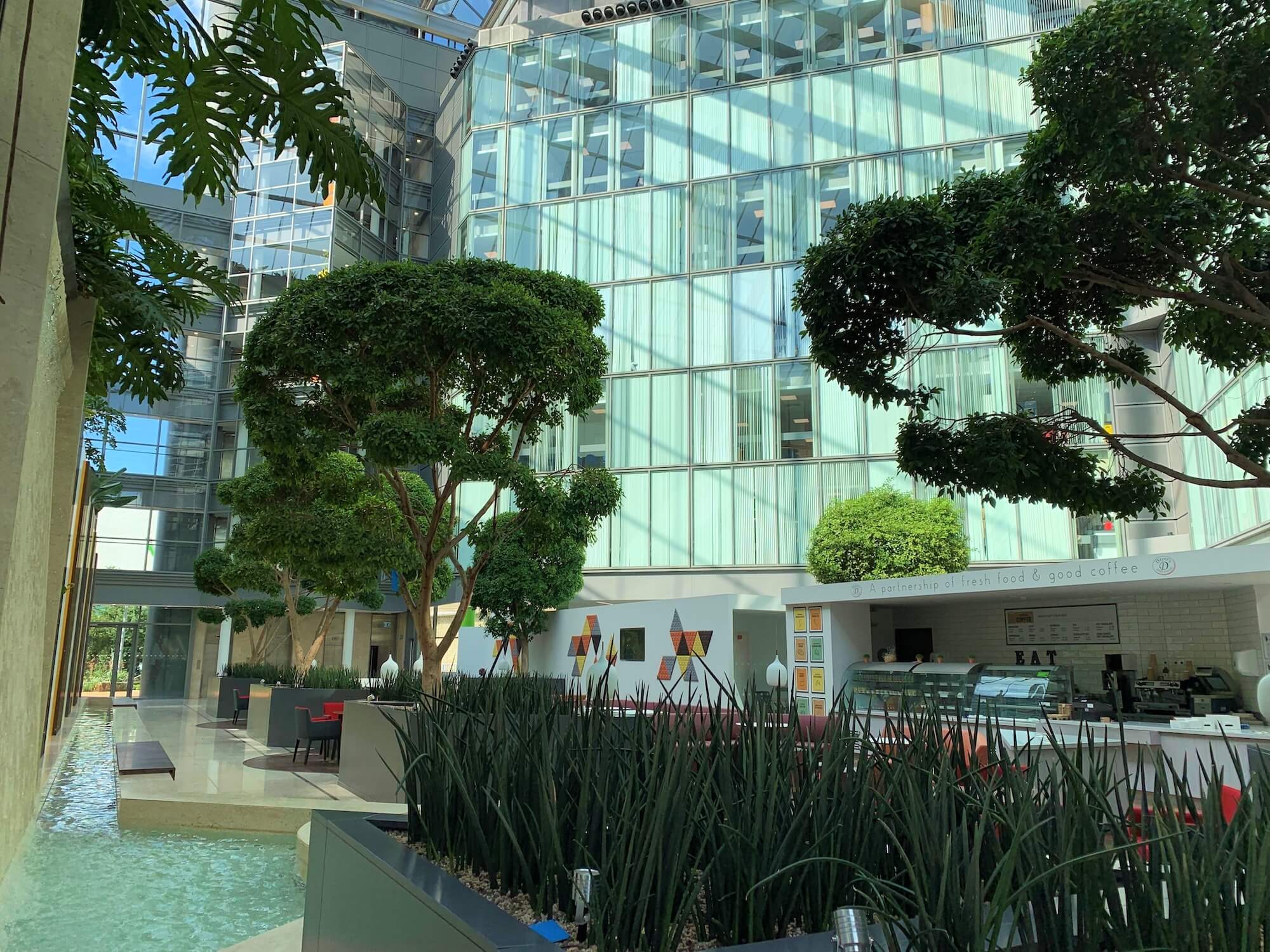
Asset Advantage Launches New Survey To Uncover Business Finance Landscape

Asset Advantage Launches New Content Hub To Celebrate 10 Years Of Business Loans

Asset Finance Underwriting Veterans Launch New Podcast

‘Security Focus’ Webinar Designed to Support Brokers’ Conversations with Customers

Asset Advantage Launch Webinar Series To Support Brokers

Trends Outlook For 2024

Asset Advantage Continue Christmas Tradition At St Michael’s Hospice (North Hampshire)

Brokers To Gain Underwriting Insight From Asset Advantage’s Credit & Risk Director

Asset Advantage To Attend The Finance Professional Show

Asset Advantage Celebrate As Nick White Wins Ginetta GT Academy Title

Asset Advantage’s Underwriting Team Shortlisted For National Award
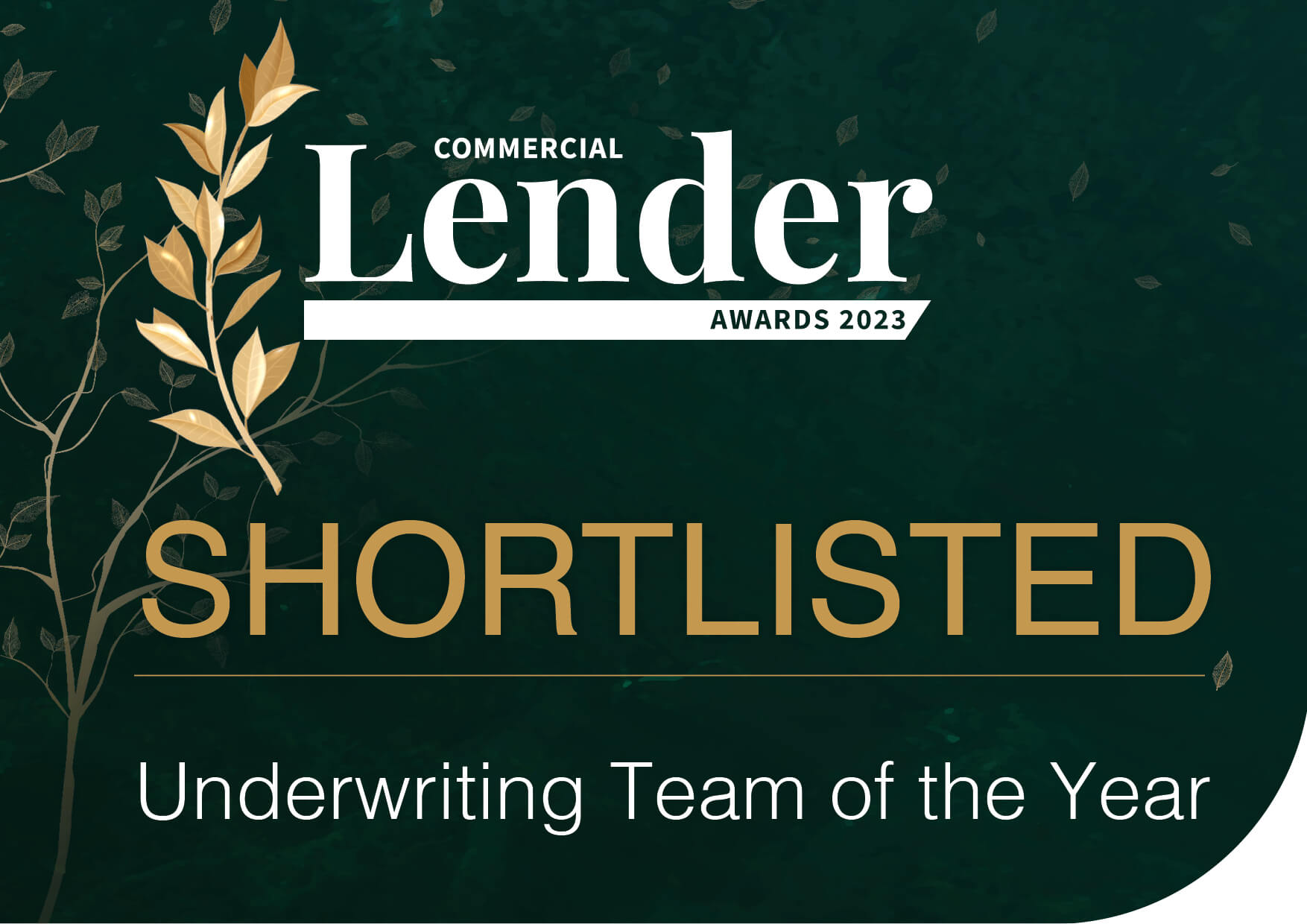
Asset Advantage Joins The NACFB As Patron Lender
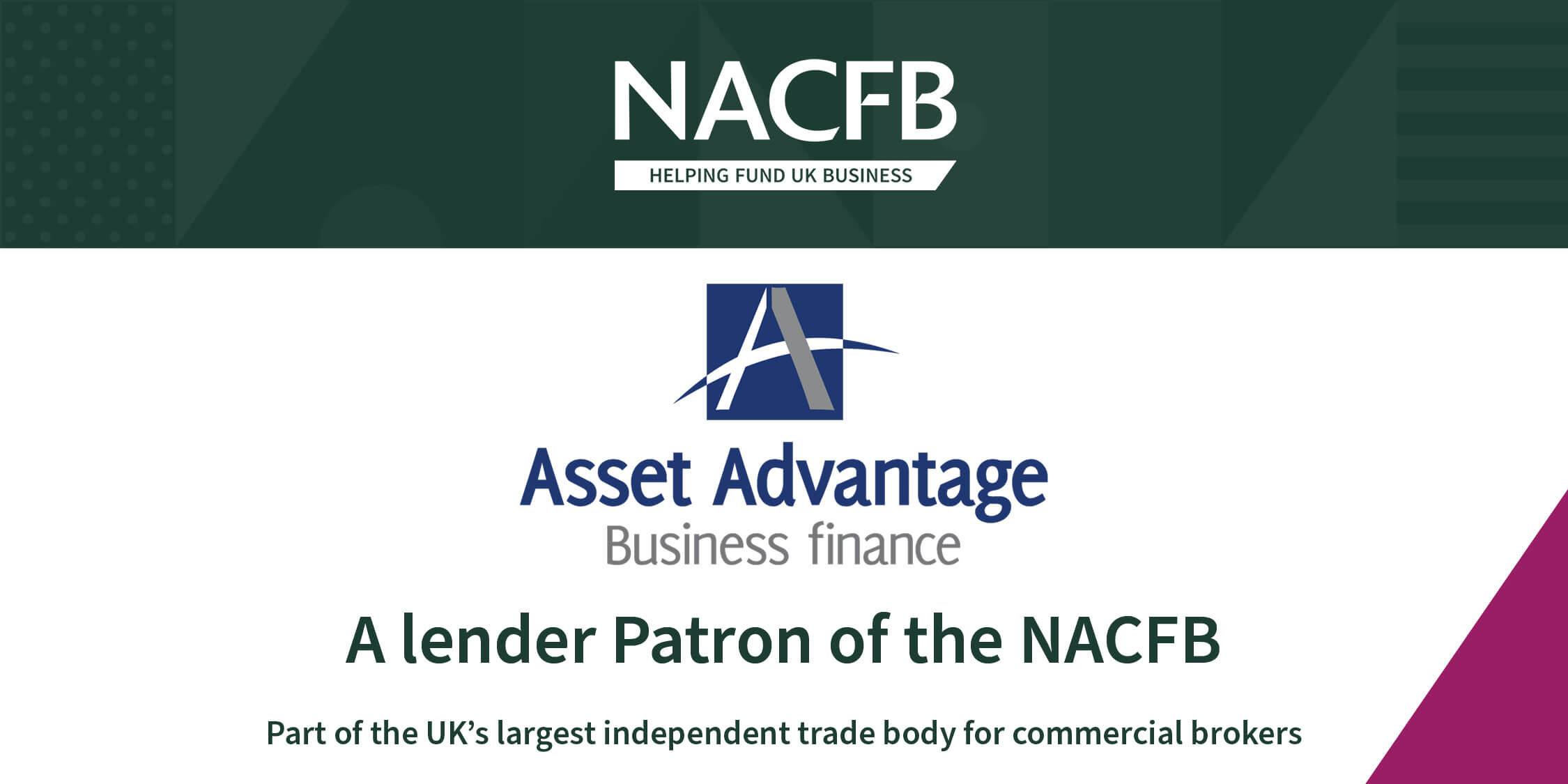
Survival of the fittest: the evolution of a broker panel

10 Tips for creating a knock-out proposal

Brokers value the ‘human side’ of underwriting from funders research shows
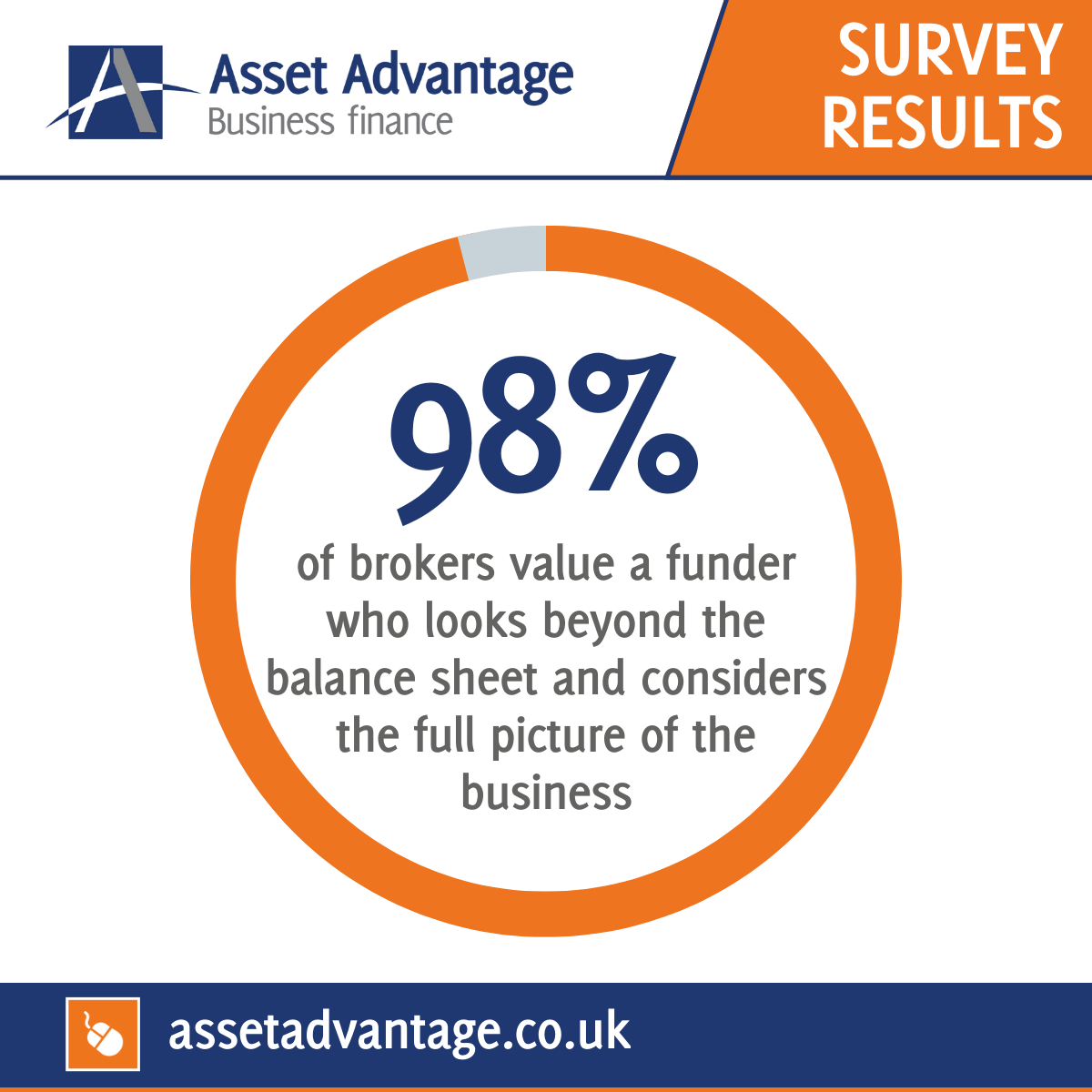
Asset Advantage welcomes Katie Dowse as Business Development Manager


